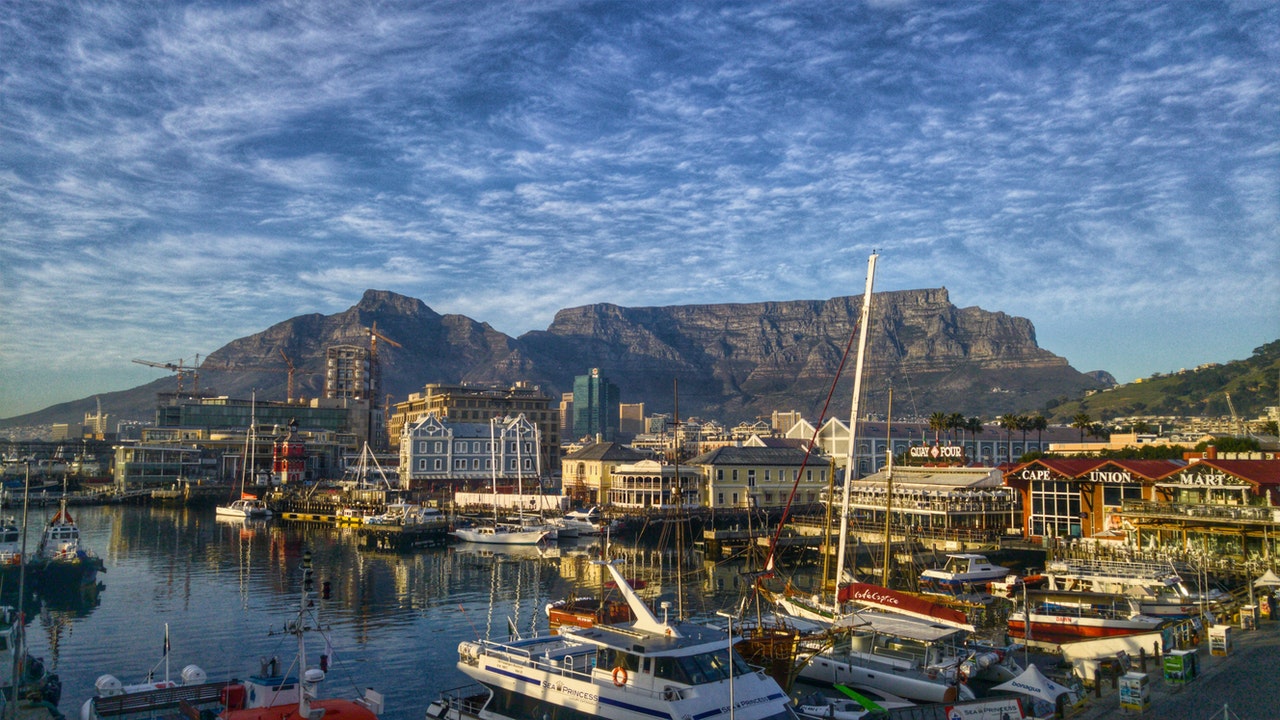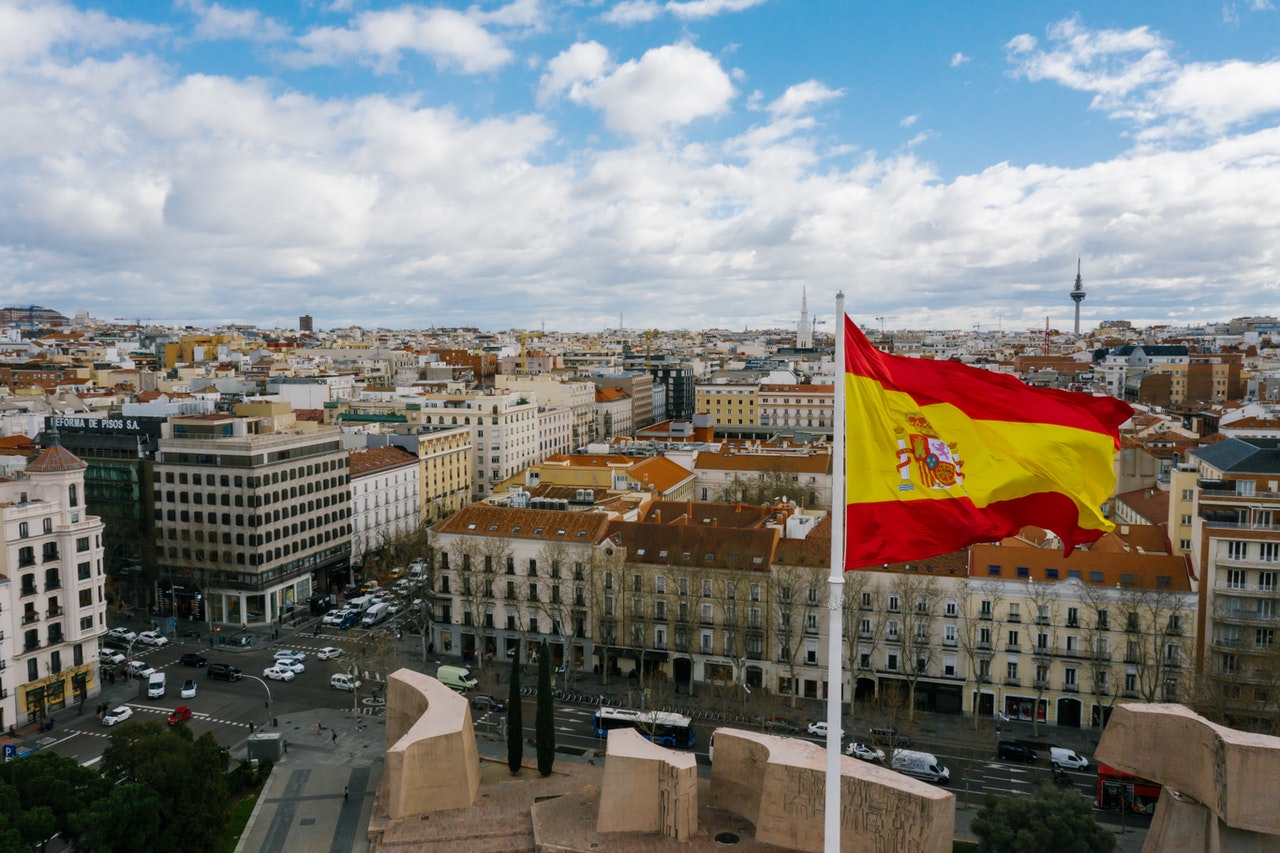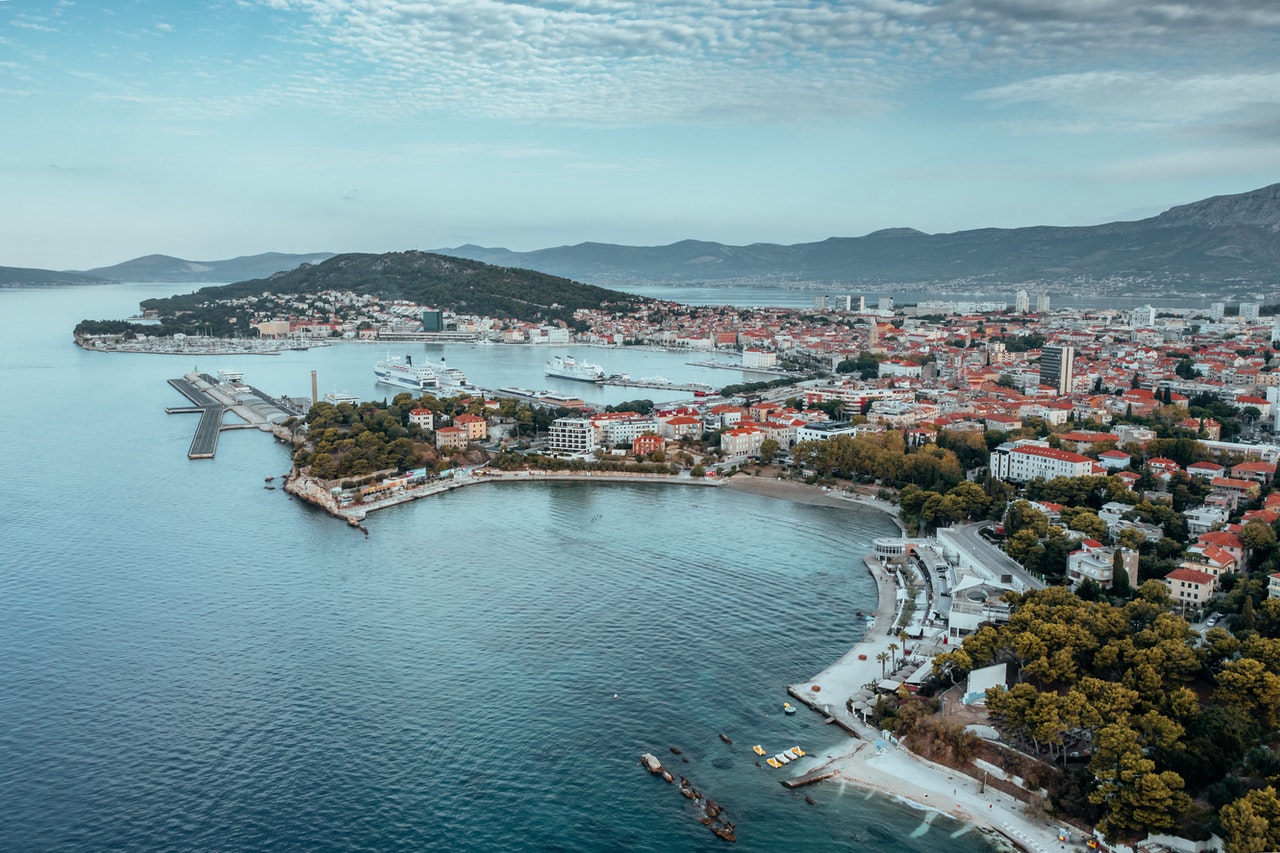South Africa is introducing a remote work visa - what it is supposed to allow
Published

The South African Ministry of Home Affairs plans to introduce a remote work visa to attract the new generation of digital nomads.
The Covid-19 pandemic has driven workers away from traditional offices. As remote work has become the norm - and hybrid models are likely to replace fixed office workspaces post-pandemic - the way people work has changed.
A large part of this change has led to a boom in digital nomads: remote workers who use telecommunications technologies such as Zoom or Microsoft Teams to do their work from anywhere in the world Welt to be done.
- South Africa's work visa system is being overhauled, according to President Cyril Ramaphosa.
- This review also includes the possibility of a remote work visa designed to attract digital nomads.
- This remote work visa is intended to enable foreign nationals employed outside South Africa to stay longer, alongside their dependents.
- For more stories, see go to www.BusinessInsider.co.za .
These digital nomads are a lifeline for the tourism and hospitality sectors decimated by the pandemic. Since they generally earn well in the information technology industry, their salaries - in strong foreign currency - flow into the local economy.
Countries that want to attract these digital nomads must offer an enticing work-life balance, with natural attractions and entertainment offerings a strong appeal. A weaker currency that favors foreign workers is also important. Above all, the country must reduce the bureaucracy surrounding its immigration laws.
Countries such as Costa Rica and Mauritius have recently changed their immigration policies and introduced remote worker visas. The United Arab Emirates (UAE) launched a green visa and a freelancer visa in 2021 to attract foreign workers. Spain's new startup law envisages the introduction of a special visa for digital nomads in the coming months.
South Africa may also offer a remote work visa in the near future. That's what President Cyril Ramaphosa says, who spoke of "streamlining and modernizing the visa application process" in his recent State of the Nation Address.
“A comprehensive review of the work visa system is underway under the leadership of former Interior Ministry Director-General Mavuso Msimang,”
so Ramaphosa.
“This review will examine the possibility of new visa categories that could support economic growth, such as a start-up visa and a remote work visa.”
A remote work visa will allow skilled workers to live and work - for a foreign company - in South Africa. The current visa system allows these professionals to enter the country, but only for 90 days or less and with certain restrictions.
An amendment to Section 11 of South Africa's Immigration Act that would extend visa validity to attract digital nomads has been proposed by Cape Town Mayor's Economic Growth Committee member James Vos.
While the Interior Ministry has not yet commented on the requirements and relief associated with a remote work visa, Vos, who has pushed hard for the country to attract digital nomads throughout the pandemic, says certain criteria must be met.
The biggest change would be extending the validity of the visa beyond 90 days, Vos said. “This is because remote workers typically stay in one place for more than three months.
In Mauritius, for example, the “Premium Visa” is valid for one year. The same applies to Dubai in the United Arab Emirates.
The remote worker visa will ideally also be available online through the South African eVisa program, which was recently expanded to 14 countries, Ramaphosa announced.
"For the remote work visa, the applicant must also provide proof of employment abroad as well as sufficient income from this employment or an own company registered abroad,"
explains Vos.
To make the offer even more attractive, the applicant's relatives should be allowed to accompany him.
Visa applicants must already provide proof of sufficient financial resources, accommodation and health insurance. These requirements are also generally accepted as standard for remote work visas.
"Last year I made this proposal to the Home Office and in the coming days I will again make proposals for the next steps,"
so Vos.
"South Africa has long been a global hotspot for tourists. By showing that we also offer people the opportunity to work while they are here, we are enticing them to stay longer."








